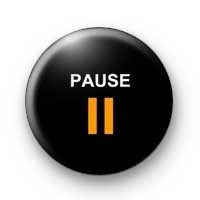
So before I go any further, I am going to ask you to do something that is more difficult than listing your pause buttons. I want you to list your hot buttons. In seminars around the world, people often get emotional while doing this. The question is: “What makes your blood pressure rise?” or “When are you most likely to get upset in a negotiation?” Write down your answer in this space:
Acknowledging clearly and unequivocally what upsets you in a negotiation is a big step toward avoiding that situation. You recognize your own demons. You won’t get rid of your hot buttons, but you will know to push your pause button as soon as the other party exhibits a certain behavior. Does yelling bother you? If you are aware of that, you can push your pause button at the first sound of a raised voice.
At my three-day intensive negotiating seminars, I ask the participants to share their hot buttons with the group, and they always list a wide range of behaviors. Lying is always one of the first hot buttons mentioned. Many women dislike being talked down to. Everybody seems to have an aversion to yelling, vulgarity, and physical bullying, such as desk pounding. If the group is large, someone usually brings up a new irritant. You are not alone in having a hot button. You are part of the human race. Negotiators (and, in fact, humans in general) deal with many different emotions all the time. I will discuss the most common hot buttons that come up during (and often get in the way of) negotiating.

















